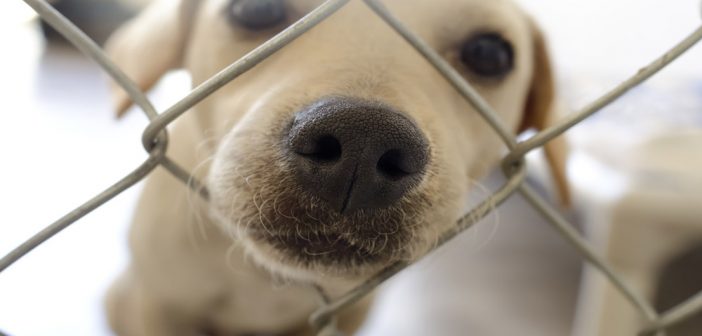If you’re looking to get a dog, adoption should always be considered before a breeder or pet store. Did you know that over 2 million cats and dogs are euthanized in shelters every year? By choosing to adopt you can save a life and gain a best friend in the process. If you’re serious about dog adoption, here are a few things you should know to make the transition easier for you both.
You’ll be a Hero, but Your Dog Won’t Care
It’s important to give your dog time to adjust to their new situation and understand that you are their new family. Adopted dogs will likely be shy at first and prone to irregular eating habits and having accidents. It may take a few weeks to a few months, but in time your dog may realize you saved them and gave them a new home; or they may just understand that you are their family now and that’s enough.
You Can’t Trust the Shelter’s Information
When it comes to health records, shelters may not have a complete medical history to work from. Most shelters screen pets for basic illnesses but things like cancer, allergies, and sometimes even diabetes may be missed by a shelter.
Your New Dog May Have Some Bad Habits
Your new dog may have picked up bad habits from his/her old environment. Previous owner may have thought begging for food – or taking it straight off a plate – was adorable and may have encouraged this behavior. You may want a quite dog that never barks, but the dog you adopt may have been encouraged to bark at everything that comes near the front door – and the previous owner may have considered this “quiet” because the dog only barked when it was supposed to.
There May be a Honeymoon Period
It’s possible your dog may be quiet at first because they’re still nervous, but may feel free to bark all the time once they get settled. In the same way they may seem to get along fine with your other pets until they feel comfortable enough to fight for space, toys, and attention.
What This Means
It’s important that you are aware of these potential issues and are prepared to handle them. If your dog is shy or displays bad habits at first, don’t be frustrated or return them to the shelter. Simply be patient and wait for them to adjust, while teaching them the rules of your house through positive reinforcement, affection, and ample use of dog treats. If they seem great at first but develop problems later, know that this is normal too! It just means your new pet is getting comfortable in their new home, and a little patience and training may be necessary.
Whether you buy or adopt, though, this level of patience and training will always be necessary to acclimate your pet to your home – so why not adopt, save a life, gain a companion, and help decrease the demand for puppy mills at the same time?









